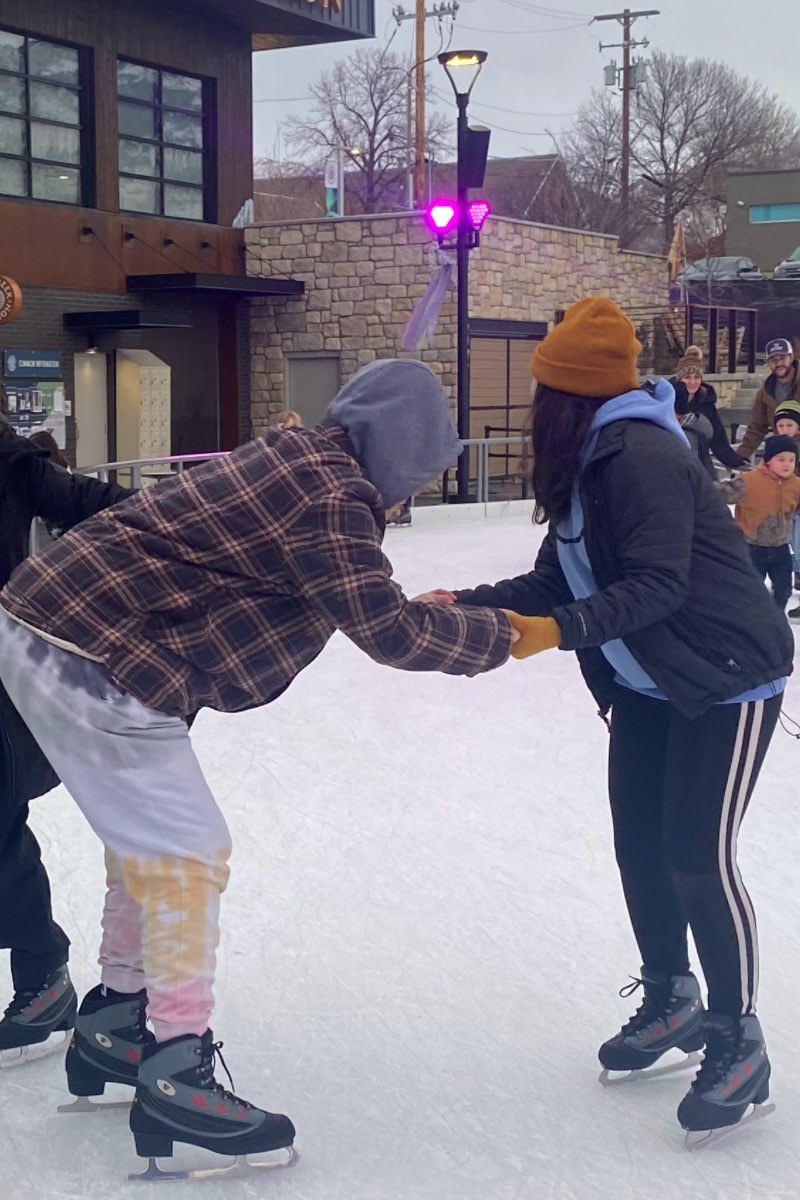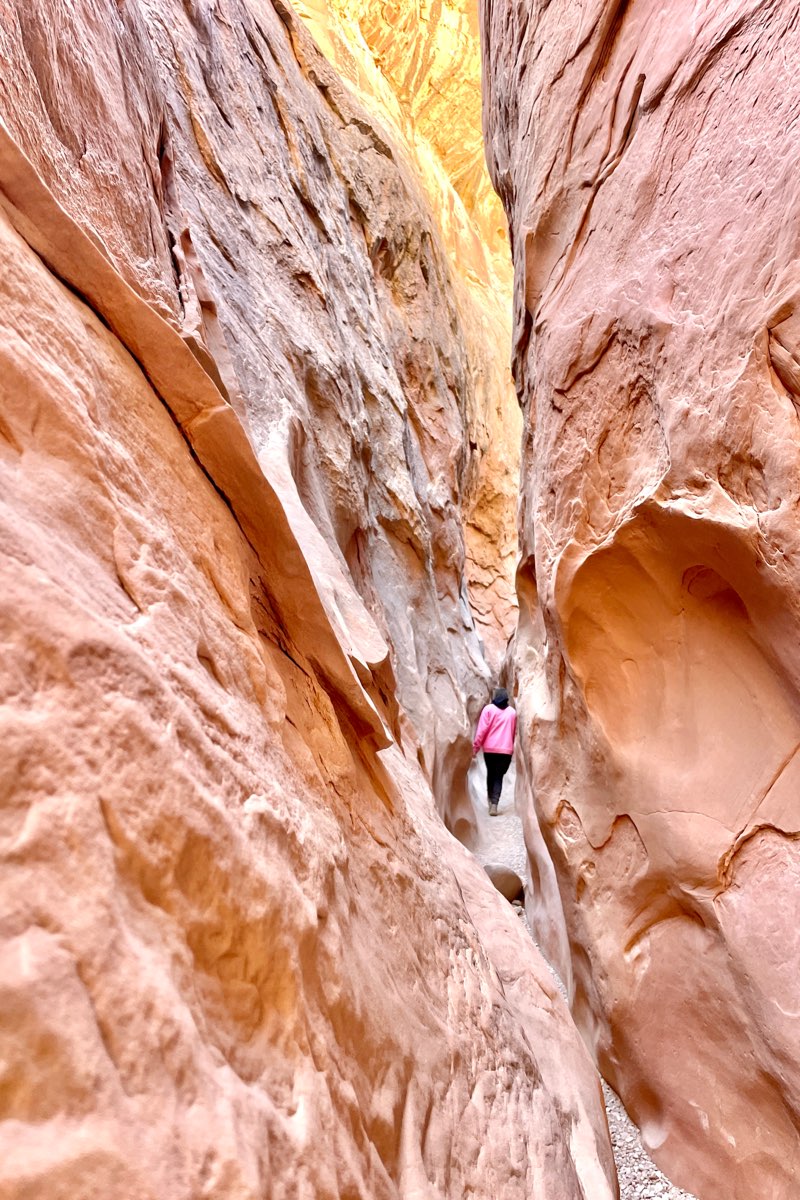Why Therapeutic Recreation?
Therapeutic recreation focuses on improving the psychological and physical health of the students by using recreation and other experiential interventions. Therapeutic recreation involves team building, cultivating trust, and problem-solving that allow students to identify behavioral patterns, learn new coping skills, and build healthy relationships with peers and family.
New Haven's Approach to Therapeutic Recreation
At New Haven, therapeutic recreation means that we provide opportunities for our students to heal by doing. Healing through talking is very important, and a big part of what we do. And we place a lot of emphasis on our students having opportunities to experience change through experiential therapies, service, and leisure education. As our students experience change, their brain chemistry actually changes.
Each student has the opportunity to participate in five 60-minute therapy groups each week, on Saturdays twice a month for four to six hour excursions off campus, and with their families during family weekends every two months. Recreation therapy at New Haven is led by a team of skilled and dedicated Certified Therapeutic Recreation Specialists (CTRS).
Service
Our students have the opportunity to plan and carry out service projects in the community and with their peers.
Experiential
Therapeutic recreation facilitates experiences where students can feel and process difficult and complex emotions
Leisure Education
Leisure education helps replace negative habits with positive recreation activities that increase their quality of life.
Service
Service is an integral part of therapeutic recreation. Our students have the opportunity to plan and carry out service projects in the community and with their peers. Typically, our students will participate in service-related activities twice a month.
Examples include working at animal shelters or visiting the elderly. We have also partnered with the House of Hope (a service for abused women and children), the Humanitarian Center, Camp Kostopolus (a camp for physically disabled children), and other local organizations. We have carried out Service projects like these to provide the girls an opportunity to focus on something outside of themselves; doing so improves their own lives and the lives of others.

Experiential
Therapeutic recreation facilitates experiences where students can feel and process difficult and complex emotions. Therapeutic recreation is an experiential means of having girls and family respond to various tasks and activities in the same way that they approach life.
Ropes courses and other problem-solving activities used at New Haven are implemented to simulate real-life challenges. Through these experiential activities, tangible patterns and issues can be unearthed. Therapeutic recreation can also be used as an enactment. Enactment is a way of involving the system as a whole, instead of focusing on one individual for treatment. We do this in recreation therapy in the community and also with the families during family weekends.
Recreation therapy helps remove the emotional charge behind a situation and allows individual patterns to emerge through a selected task. It brings to light the family/community dynamics and the roles that each person plays in that setting which are generally isomorphic and indicate how they usually approach problem-solving, relationships, emotions, etc. They can reflect on patterns and examine what is working well and what they could improve. Involving students and families in challenging and unpredictable tasks helps them think in new ways about old problems, identify what needs to be changed in their lives and relationships, and take decisive steps to achieve more happiness and success in life.
One great example of recreational therapy is an activity called Minefield. When participating in Minefield one person (usually the daughter first) puts on a blindfold and her parents will verbally guide her through an obstacle course.
There are a lot of things to observe; we watch to see if the girl peeks under the blindfold, or if she can completely trust her parents to get her through. We watch to see how she takes directions: Does she just listen? Ask questions? Move on her own? Get impatient waiting for directions? We also watch to see how the parents give directions: Do they work together or do they have a difference of opinion? Are they willing to compromise? We always talk about what the experience is like for the participants and what they can learn from it to help improve their relationships and life at home.
Another powerful example of recreational therapy is the ropes course. High Ropes activities can be a scary challenge for people. We ask everyone to push through their fear and trust themselves, trust the ropes, trust the recreational therapist and trust one another. When a girl or parent climbs up 30 feet in the air and is able to complete an amazing task, it gives them a sense of accomplishment and boosts self-confidence. This increases self-efficacy and brings the realization that since they did something so difficult in that moment, that they can apply it to other situations in life and overcome hardships and difficulties by facing their fears.
Recreational therapy is a powerful way for families to overcome their challenges and difficulties and move forward together.
Leisure Education
Leisure education helps our students discover healthy ways to have fun – an important competency for girls who may have struggled in the past with destructive or unhealthy leisure activities. Leisure education helps replace negative habits with positive recreation activities that increase their quality of life.
Our girls participate in community events, snowshoeing, hiking, rock climbing, canoeing, crafts, and other fun activities in our leisure therapy program. Twice a month on Saturdays we have adventure days where we expose the girls to a variety of leisure activities in the surrounding area and teach them new skills that develop interest and curiosity in healthy recreation activities, and what other opportunities are available after New Haven.
Experiences like these teach students how to fill their free time in positive ways. Leisure education gives each student an opportunity to use skills learned in recreation therapy and apply them to everyday life. Positive leisure values are introduced and re-introduced to the students as they are taught about ways recreation and leisure can be used as positive coping skills. They develop healthy passions in their lives that increase self-confidence and improve their outlook on life.
When our girls transition home, they are well-equipped to choose healthy leisure alternatives that help create a positive environment where they can thrive.

Get Confidential Help Today
New Haven is open year round, so feel free to contact us anytime with questions, requests, or to talk to one of our staff members. Just call, email, or fill out the form to let us know how we can help you.